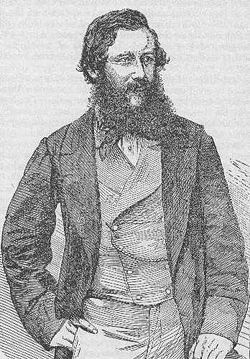| Year | Date | Event |
|---|
| 1901 | 23 February | A boundary is agreed between German East Africa and Nyasaland. |
| 1916 | | Rwanda is occupied by Belgian forces. |
| 1922 | 20 July | Rwanda-Urundi are joined as a League of Nations mandate, governed by Belgium. [1] |
| 1933 | | All citizens in Rwanda-Urundi are issued with an identity card defining their ethnicity. |
| 1943 | | Famine affects the region. |
| 1945 | | Rwanda-Urundi becomes a United Nations Trust Territory. |
| 1957 | | The Hutu Manifesto is published. |
| 1959 | 24 July | Mwami Mutara III dies. [2] |
| 3 September | The Union Nationale Rwandaise (UNAR) party is formed. [2] |
| 1 November | Politician Dominique Mbonyumutwa is beaten by members of UNAR, leading to a violent backlash that kills thousands of Tutsis. [3] |
| 1960 | | An election is held. |
| 1961 | | Rwandans vote to abolish the Tutsi monarchy. |
| 28 January | Dominique Mbonyumutwa becomes provisional President of Rwanda. |
| 1962 | 1 July | Belgium grants Rwanda independence. [1] |
| 26 October | Grégoire Kayibanda becomes the first elected President of Rwanda. |
| 1963 | | Following a Tutsi guerilla attack from Burundi, an anti-Tutsi backlash kills thousands. |
| 1973 | 5 July | Grégoire Kayibanda is overthrown in a military coup d'état. [4] Juvénal Habyarimana becomes the third President of Rwanda. |
| 1985 | 26 December | American naturalist Dian Fossey is murdered in her Rwandan cabin. [5] |
| 1990 | 1 October | The Tutsi Rwandan Patriotic Front (RPF) makes an attack from Uganda, starting the Rwandan Civil War. [6] |
| 1993 | 4 August | The Arusha Accords are signed between President Habyarimana and leaders of the RPF in Arusha, Tanzania, ending the Rwandan Civil War. [7] |
| 1994 | 6 April | President Habyarimana and Burundian President Cyprien Ntaryamira are assassinated as their aircraft is shot down approaching Kigali. This incident sparks the Rwandan genocide. [1] |
| 8 April | Théodore Sindikubwabo becomes interim President of Rwanda. |
| 3 July | The RPF takes control of Kigali. [1] |
| 19 July | The RPF forms a provisional government [1] and Pasteur Bizimungu becomes President of Rwanda. |
| 21 August | The RPF controls the whole of Rwanda. [1] |
| 8 November | The International Criminal Tribunal for Rwanda is established. [8] |
| 2000 | 24 March | Paul Kagame is selected as interim President of Rwanda. [9] |
| 22 April | Paul Kagame is sworn in as the fourth President of Rwanda. [10] |


